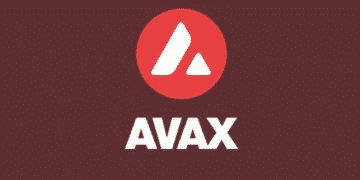Saudi Arabia and the UAE have just made some digital currency trials and they published the results of the joint test. They said that the tests were successful and they will pave the way for a bigger rollout in the near future so let’s read more in today’s cryptocurrency news.
The central banks of Saudi Arabia and the UAE published the results of the joint CBDC test. The Saudi Central Bank and the Central Bank of the United Arab Emirates said that they completed a few trials of a joint CBDC project according to an official announcement made over the weekend. The test took more than a year from start to finish. The project named “Project Aber” was divided into three phases and was designed to keep up with the digital currency trends across the world and to also create an indigenous cross-border payment system.
The central banks of Saudi Arabia 🇸🇦 and United Arab Emirates 🇦🇪 announce the results of their pilot Central Bank Digital Currency (CBDC) project named "Aber"https://t.co/nBeZfASaeK
— Ali Al-Salim علي السليم (@alialsalim) November 29, 2020
Middle Eastern countries like Kuwait, Oman, and Saudi Arabia, as well as the UAE, relied on their oil resources to boost their economic growth and to attract talent to their countries. However, the reserves and the discovery of the new oil wells in the US-led to countries investing more in technology and tourism in order to protect their economies. Aber was in line with these technological aspirations and the tests covered international settlements between CBUAE and SAMA as well as between commercial banks in two countries.
Both banks reported favorable results in terms of settlement times, speed, and accuracy. also, they used “real money” instead of the fake denomination as a way to ensure a bigger focus on security and the system’s interaction with third-party payment providers. Each bank ran their own nods and they were synced with the latest network data. This ensured that there was no single point of failure in the network so if one or more nods were to go offline, the network will stay functional. In addition, the tests ran on private servers but the banks said that they would deploy the final network on cloud-based serves in order to get better security and scalability.
While Aber’s testing phase went well, there were some drawbacks as well. Foreign currency exchange rates were among the biggest concerns as the CBDCs are backed equally by the Saudi Riyal and the UAE Dirham. Another concern was the jurisdictions and taxes. However, as the next step, the governments will contribute to further develop blockchain technology and more applications to the financial sector.
DC Forecasts is a leader in many crypto news categories, striving for the highest journalistic standards and abiding by a strict set of editorial policies. If you are interested to offer your expertise or contribute to our news website, feel free to contact us at editor@dcforecasts.com
























Discussion about this post